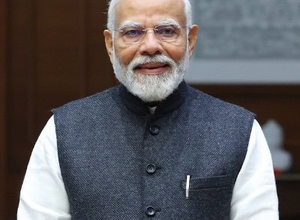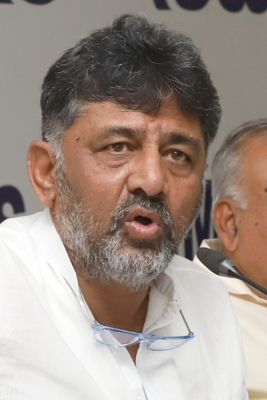
Patna, June 22: A woman set her two minor daughters on fire in Bihar’s Nawada district, an official said on Thursday.
The incident occurred at Dudheli village under Nemdarganj police station in the district on Wednesday evening.
“We learnt that two minor girls aged 2 and 8 years were charred to death in Dudheli village. When we reached the spot with police force, we found the completely charred bodies of the girls on the bed,” said Pankaj Kumar, SDPO of Rajauli range.
“During investigation, we found that the LPG cylinder’s pipe disconnected from the stove. The woman is currently undergoing treatment for burn injuries at Sadar hospital Nawada. So far, she has not given any statement before the police. We are waiting for her recovery to interrogate her. Prima facie, she seems to be the culprit who sustained burn injuries on her hands while setting the girls afire,” Kumar said.
“We are awaiting the post-mortem reports as well,” he added.






